mup

Davor Božinović: Croatia Arrested 1700 People Smugglers in 2023
December the 19th, 2023 – The Croatian police arrested a total of 1700 people smugglers this year alone, as revealed ...
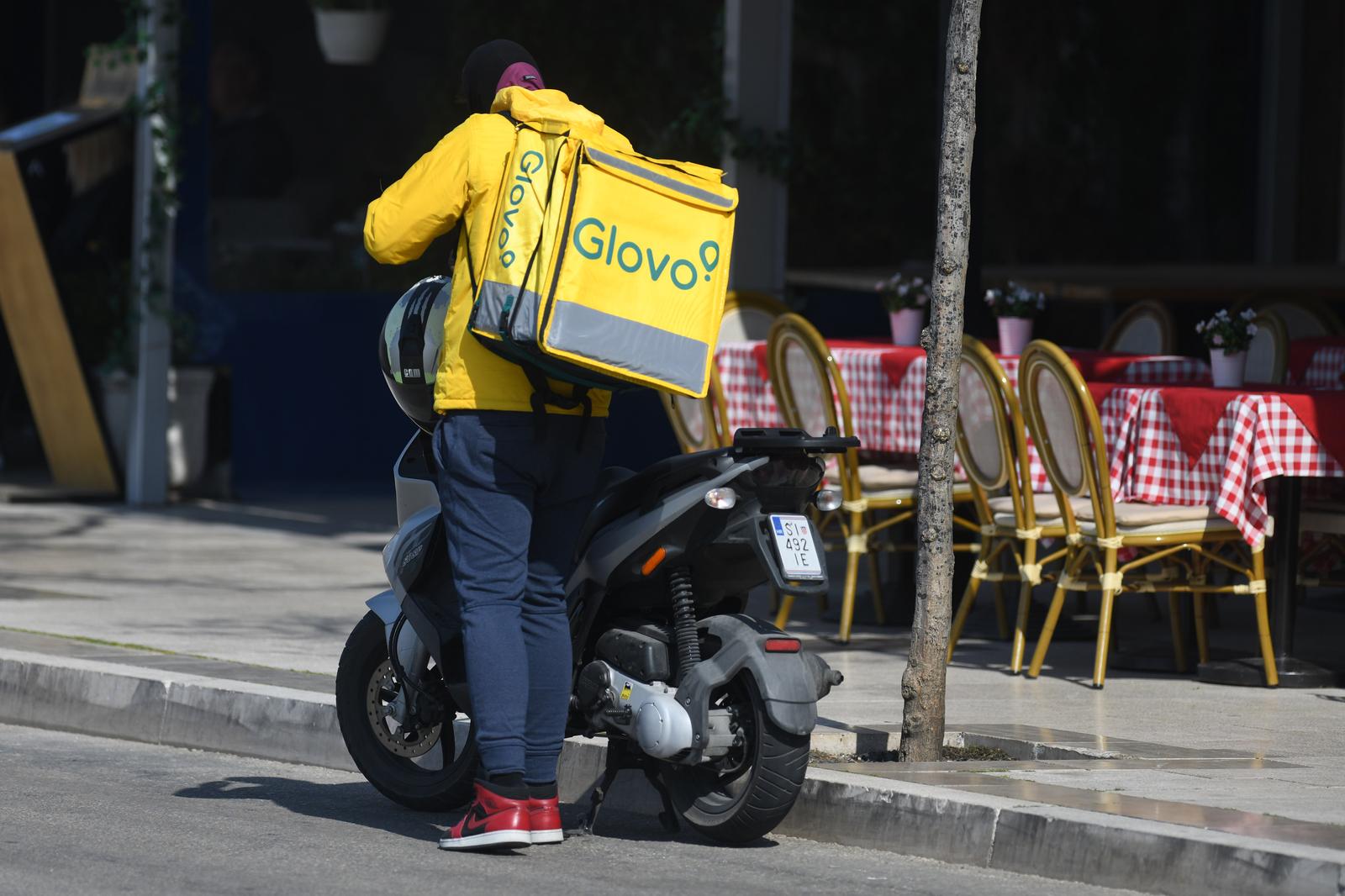
Third-Country Nationals in Croatia Increasing Exponentially
August the 11th, 2023 – Croatia’s demographic issues and labour shortage problems aren’t news, but the number of third-country nationals ...
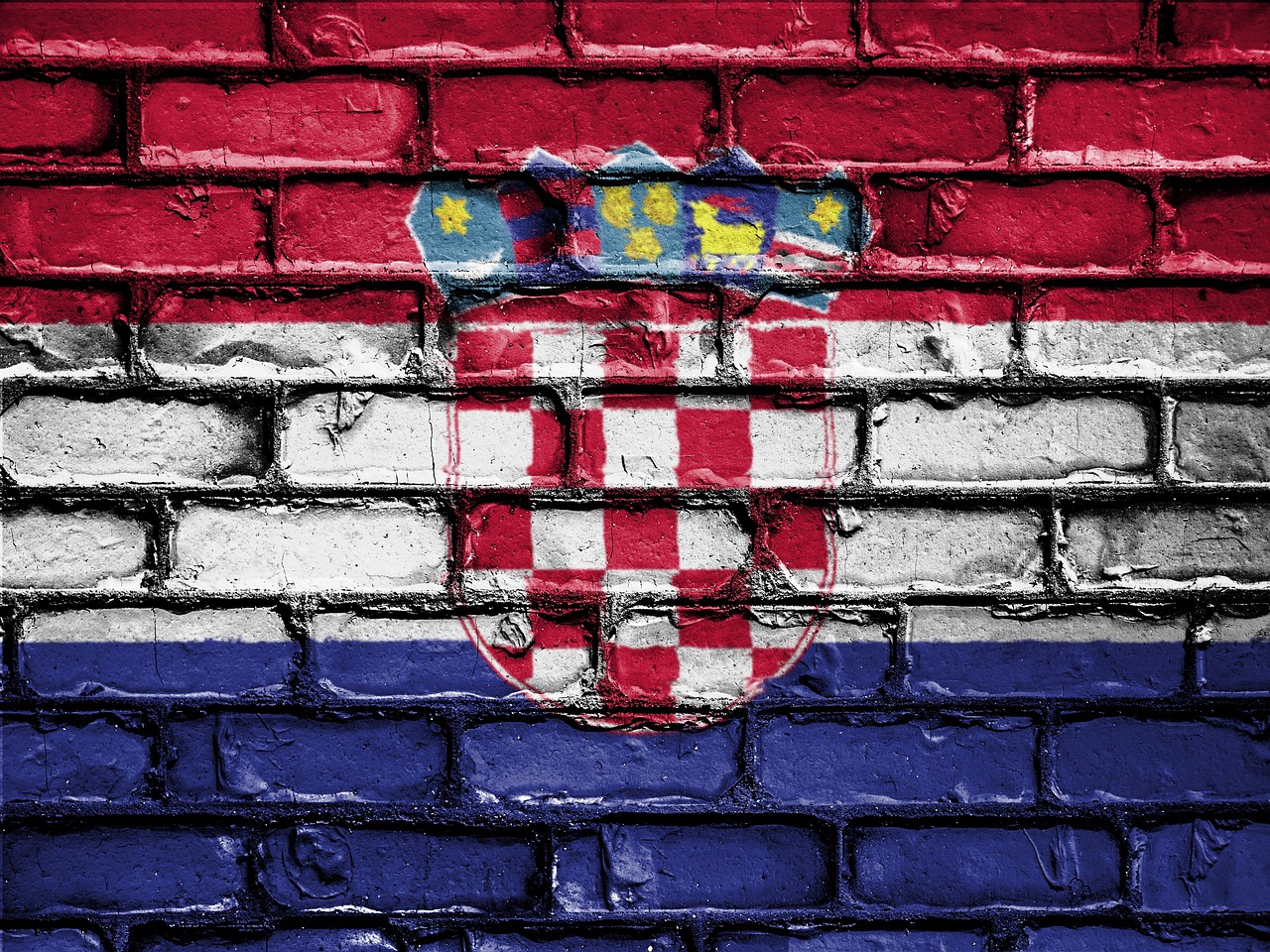
How to Terminate Your Croatian Citizenship
June the 28th, 2023 – A weird one, I know. Most of my articles detail the many ways in which ...

How to Croatia: Reporting Crime to the Croatian Police as a Foreign National
Croatia is an extremely safe country and the vast majority of crimes are not heinous when compared to other countries. ...

How to Obtain Permanent Croatian Residence as an EU/EEA Citizen
I’ve already written extensively about what you need to do to secure temporary Croatian residence as an EU/EEA citizen in ...
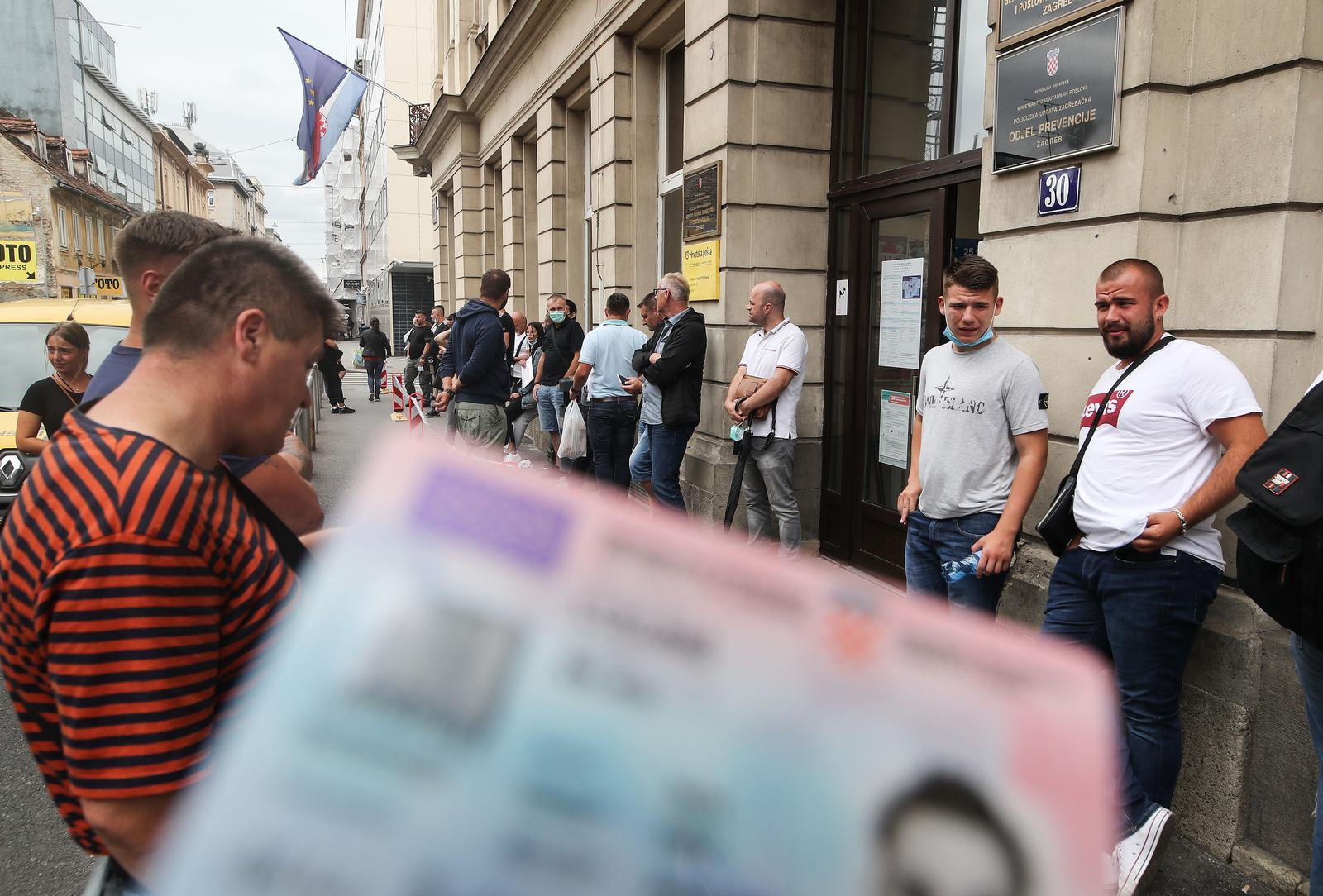
MUP Petrinjska Announces Change of Location for Foreigners’ Issues
As Poslovni Dnevnik writes, as of today (Monday, the 6th of March, 2023), MUP Petrinjska is changing the way it does ...
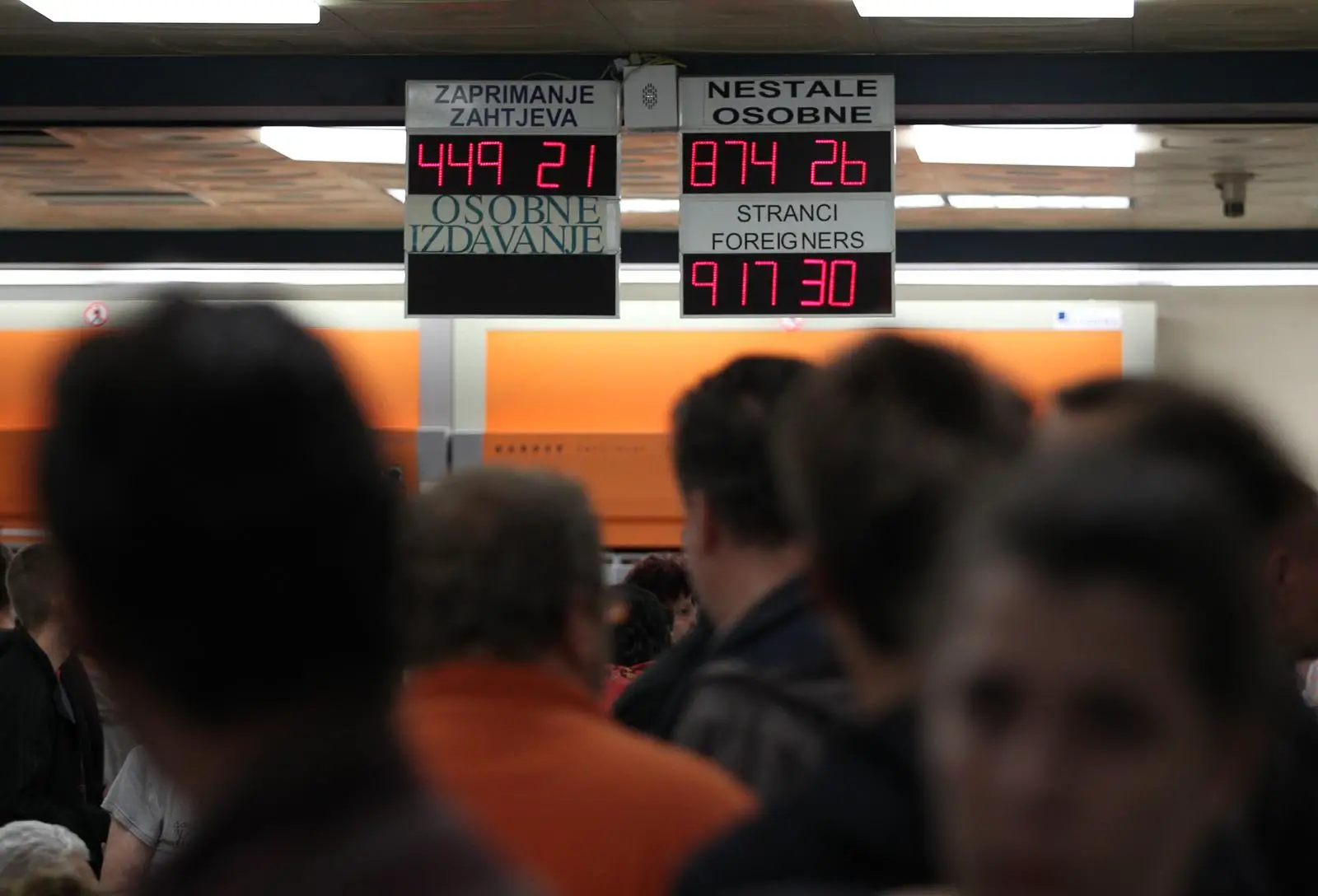
Once I Have Croatian Residence, How Long Can I be Absent for?
Citizens of the European Union/European Economic Area with temporary Croatian residence If you’re an EEA/EU citizen and you’ve been approved ...
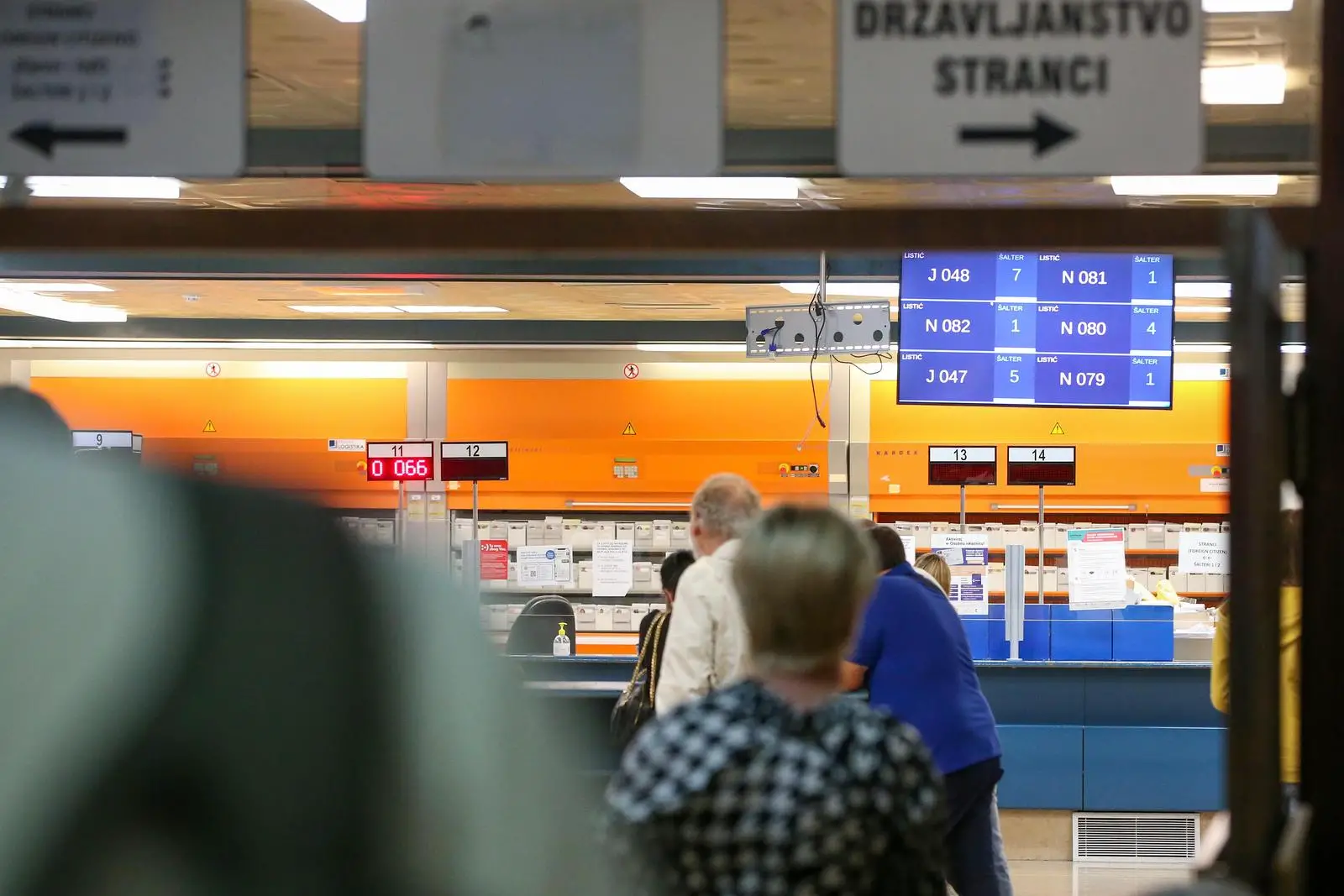
Got an EEA PR Card? Here’s How to Get Temporary Croatian Residence
Is a third country national who already has permanent residence in another EEA country treated differently when applying? Short answer ...
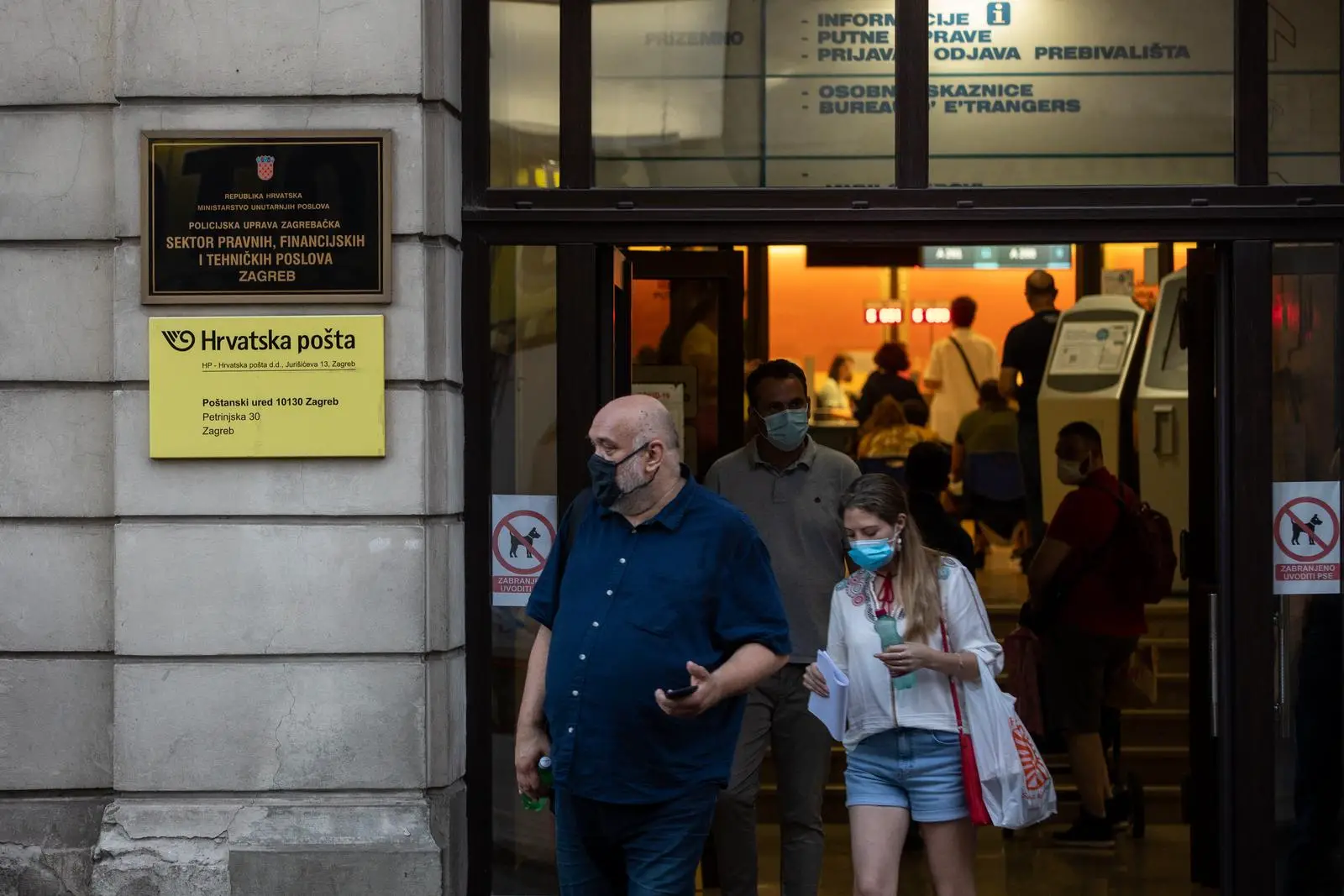
Moving to Croatia – How to Obtain Temporary Residence as an EU/EEA National
What is an EU national? An EU national is a person who holds the national citizenship of one of the ...

221,000 Croatian ID Cards Expired During Pandemic – What Now?
As Poslovni Dnevnik writes, closed schools, restaurants, cafes, hair salons, bars, bans on gatherings, passes and COVID certificates. All of ...






